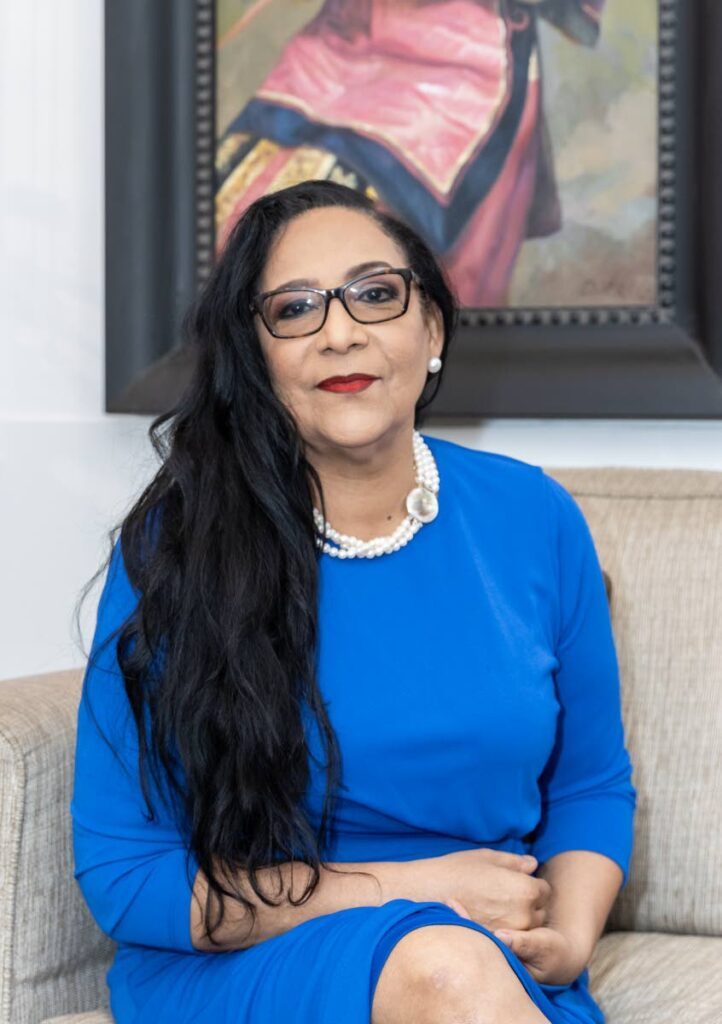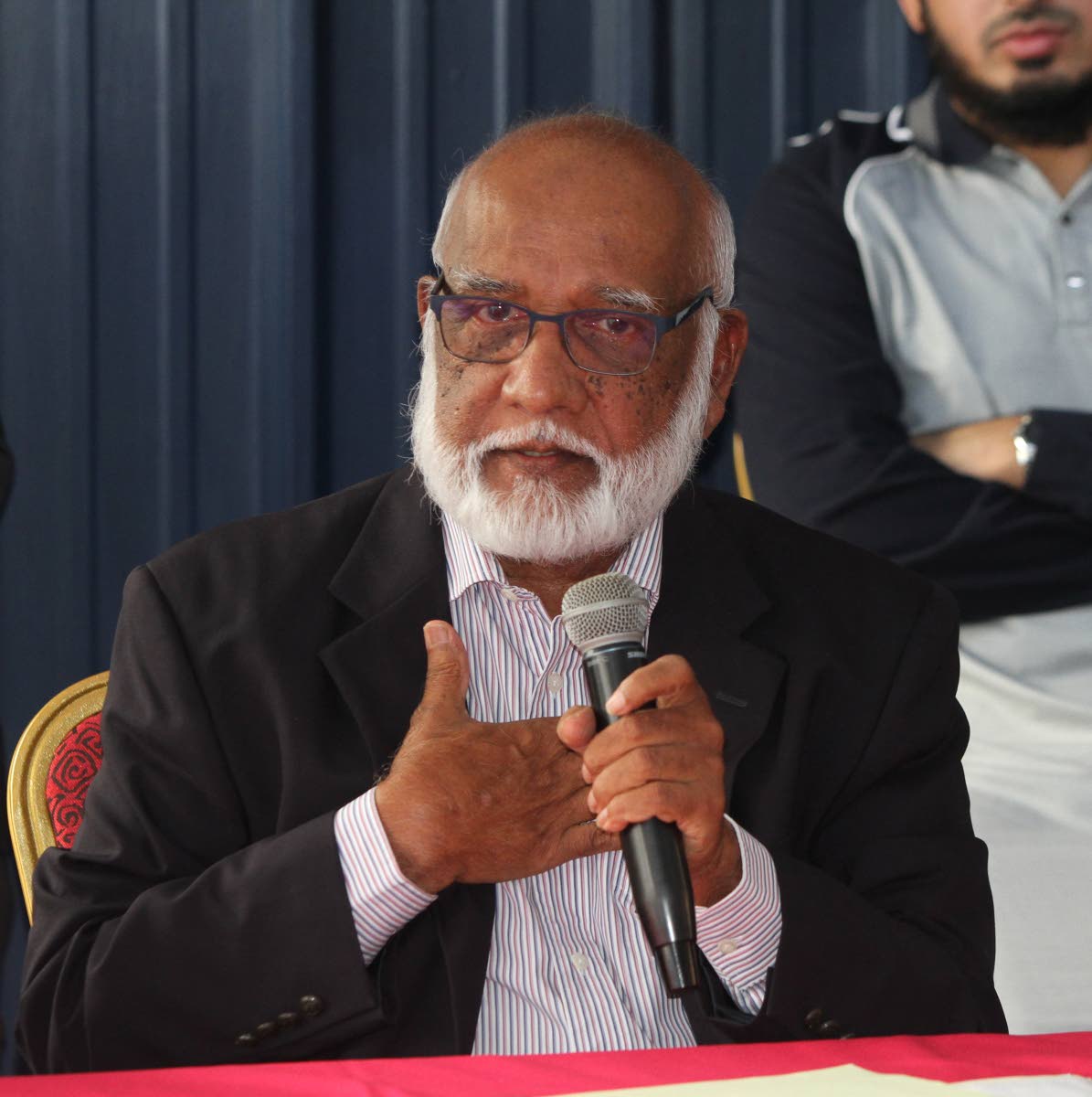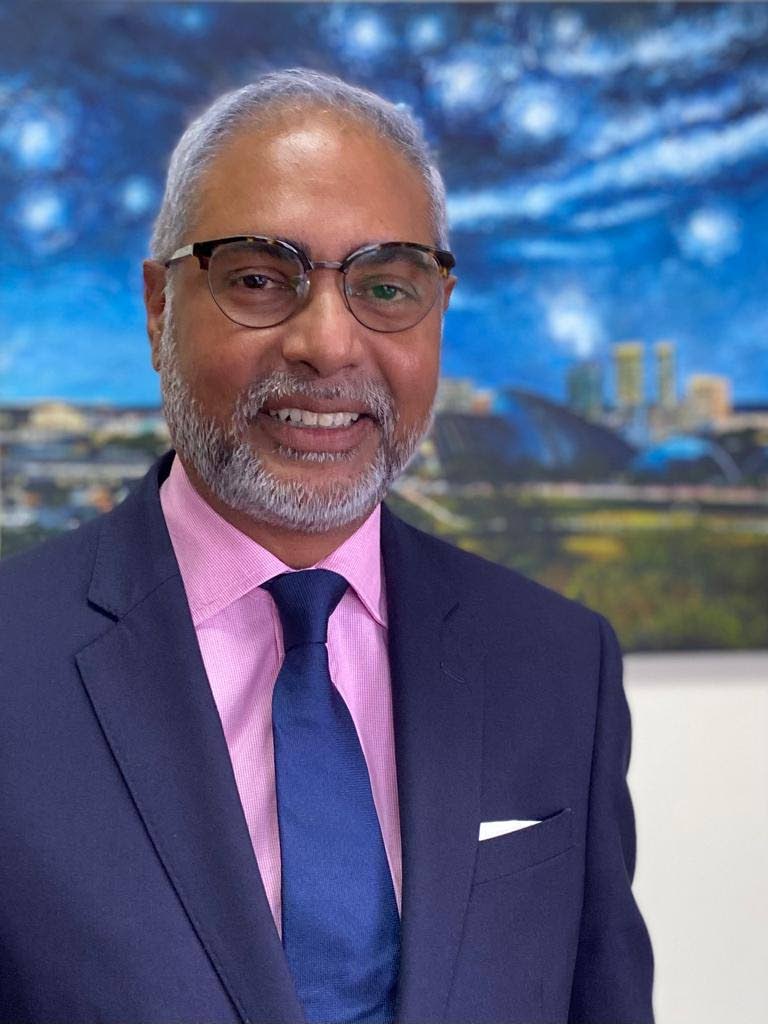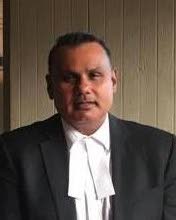Lawyer calls on law body to come clean on new silk

AS the debate over the transparency of the process for the selection of attorneys to be conferred with senior counsel grows steam, another attorney has added to the chorus calling for reform.
Attorney Kelvin Ramkissoon, who applied in 2024, the second time in his legal career, took aim at the Law Association of Trinidad and Tobago (LATT) in a letter to president Lynette Seebaran-Suite on June 21.
He said the association must come clean on its participation in the selection of the latest batch of 16 attorneys for silk, including three government members of parliament.
Ramkissoon said if LATT participated in or had any involvement in the process it had “surrendered its moral authority to comment, let alone deprecate the process.”
He was referring to a release by the association issued on June 21.
In its release, LATT renewed calls for the adoption of the recommendations of its 2015 “silk report” on the appointment of senior counsel “to ensure a transparent and independent process of selection at specified intervals which is not subject ultimately to the dictates of the executive.”
The association’s statement followed an avalanche of criticisms over the selection process.
In its release, LATT said, “Ultimately, however, the choices are at the sole discretion of the Prime Minister and, therefore, prone to the charge of political bias.
“There is no provision for how often applications are to be invited or guidance on the numbers that would be admitted at each call. There is no indication of the various categories of applications that would be awarded, for example, distinguished and senior practising advocates, distinguished attorneys who practise primarily other than in the courts or high office holders such as heads of departments within the State.”
The association said it has called for the reformation of the method of selection and appointment of senior counsel “away from the sole choice of the executive, in effect the Prime Minister, into a transparent and independent process which does not suffer from a lack of accountability.”
In 2015, the Law Association, then led by Reginald Armour (now Attorney General), passed a resolution that the award should be granted by the President on the recommendation of an independent panel.
The association’s resolution came after it compiled what is now referred to as the “silk report” on the issue, which strongly advocated for the independence of the profession and, in particular, the bar.
In 2018, the association again called for transparency in the process.
On June 17, President Christine Kangaloo outlined the selection process. She said the process was guided by the terms of the legal order 282 of 1964.
She said the process started with the Attorney General inviting attorneys to apply after which he would consult with the Chief Justice and “such other persons as he considers necessary.”
The AG would then recommend attorneys to the Prime Minister who would advise the President of those to be awarded silk.
In its release, the association said there was no provision for how often applications were to be invited or guidance on the numbers admitted at each call.
“There is no indication of the various categories of applications that would be awarded, for example, distinguished and senior practising advocates, distinguished attorneys who practise primarily other than in the courts or high office holders such as heads of departments within the State.”
It also said the recommendation of the “silk report” included a suggestion that appointments be made by the President on the recommendation of an independent panel comprising the Chief Justice, the Attorney General, three judges of the Supreme Court and three senior counsel appointed by the Law Association.
It bemoaned, “Since then, and before, the Law Association has been advocating with successive attorneys general for the reform of the process, to no avail."
It added, “As frequently happens, TT remains bogged down by our archaic and inherited colonial processes, whilst the United Kingdom itself has moved on to better practices.
“Other Commonwealth countries, including Australia, Singapore, and Canada, have transitioned to more transparent and independent methods of appointments to the inner bar.
“In Jamaica, for example, the Prime Minister advises the Governor General to appoint persons recommended by an independent committee.”
The association said there is expressly reserved to the Prime Minister, a right to appoint additional persons by virtue of office and traditionally, attorneys general, solicitors general and Directors of Public Prosecutions are automatically appointed.
“In some of the other Commonwealth jurisdictions cited appointments are made annually, rather than at arbitrary intervals of time as pertains within this jurisdiction.”
Ramkissoon said the reference to the “silk report” by LATT in its release, “embellishes the necessity for clarity and transparency” in the association’s role in the process.
He also took issue with the timing of LATT’s release which came a day after a former senior council member, attorney Darrell Allahar, sought answers on LATT’s participation, or that of its president, in the consultation process.
Ramkissoon said LATT’s release was “woefully tardy.”
He said the public’s interest and that of the legal profession would have been best served if the association acted with alacrity given the sentiment that the appointments appeared to have been based on political considerations and ought to have been devoid of “heavy Executive input.”
Ramkissoon said LATT’s release added nothing new to the debate. He said he expected a more analytical response from the body.
“The release reflects a degree of repudiation that is barely on par with the concerns expressed by the more discerning members of the public.”
He said it appeared the lay population appeared to have a greater appreciation for the implications of the situation than the “actual representative body with the statutory mandate of representing and protecting the interests of the legal profession and assisting the public in all matters relating to law.”
Former House Speaker Nizam Mohammed, who claims he had been shortlisted for silk but had his name struck out, said he was happy his colleagues were nudging LATT to clear the air on the process.
“We need more of that. The possibility is that startling revelations of the flawed process may surface.
“The list emanated from LATT. It was in their possession. An explanation for that is required.”
Mohammed had no comment on LATT’s release since, he said, there was nothing in it to comment on.
Allahar, who said he only received an acknowledgement of his letter, said there was “plenty of virtue-signalling but it sheds no light on what happened recently in its little "chamber of secrets."
“It is actually laughable that they have called for a transparent and independent process while keeping their input into that process a secret – boring us all instead with historical facts that are now well-known.”
“What is conspicuously absent from LATT’s Friday release is any indication as to whether it was invited this year to take part in any consultations with the AG, and whether in fact it or its President did.
“I think the reticence to give this information can lead one to certain unfortunate conclusions.”




Comments
"Lawyer calls on law body to come clean on new silk"